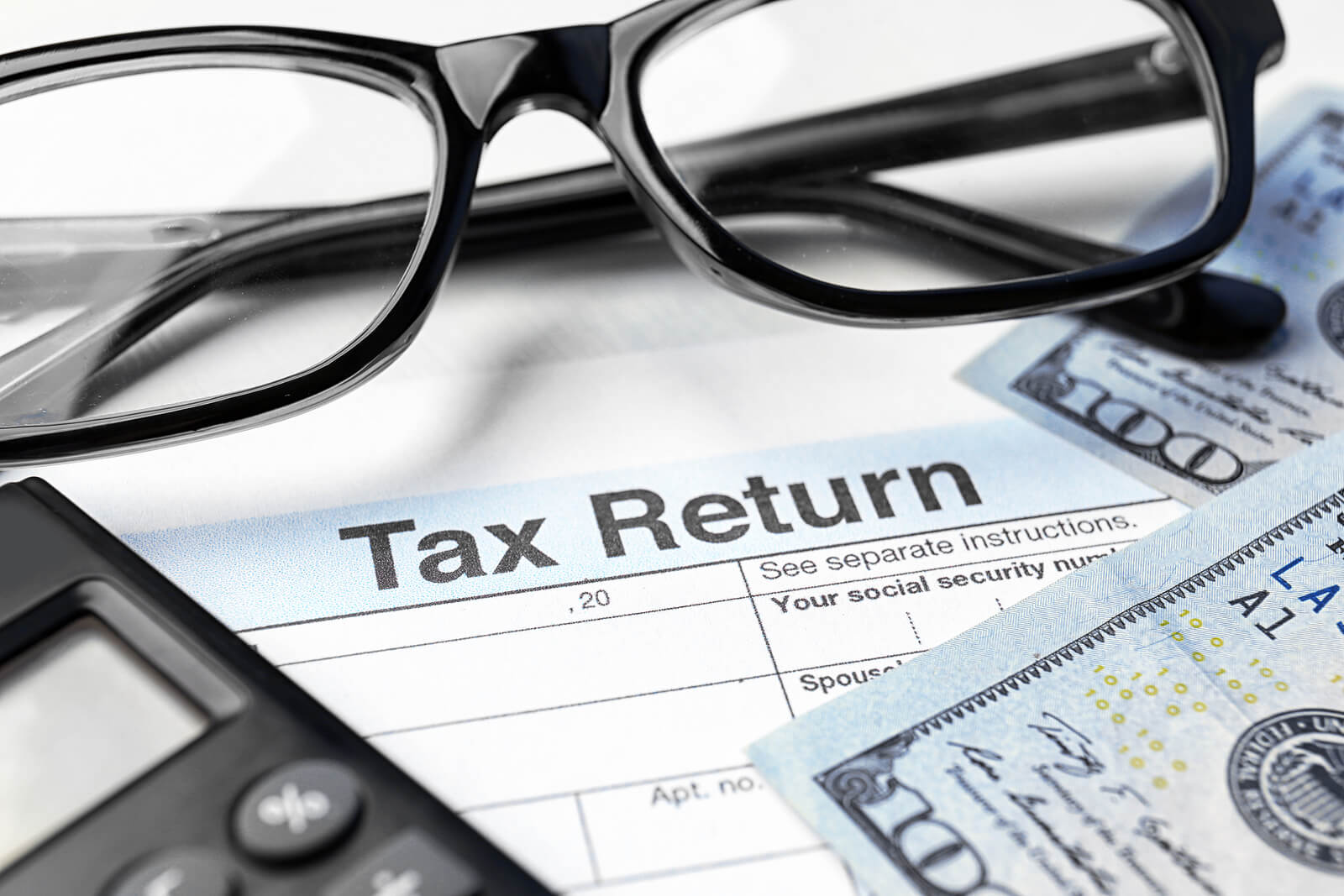Business-wise: How Will the IRS Treat Your Corporate Housing?
 Admin
Admin
Published Date: 2017-11-13
 There are different reasons people invest in real estate rentals. It may be your primary residence, vacation home, or a pure rental property. You may be renting your primary residence or a portion of it, or a vacation home that you use with different frequencies. Whatever the case, Ben Franklin said, “The only two things certain in life are death and taxes.” So, if you’re renting within the Unites States and you pay U.S. federal taxes, you should be ready and prepare for them. April 15th will be here before you know it, so with that in mind let’s look at how the IRS views your corporate rental.
There are different reasons people invest in real estate rentals. It may be your primary residence, vacation home, or a pure rental property. You may be renting your primary residence or a portion of it, or a vacation home that you use with different frequencies. Whatever the case, Ben Franklin said, “The only two things certain in life are death and taxes.” So, if you’re renting within the Unites States and you pay U.S. federal taxes, you should be ready and prepare for them. April 15th will be here before you know it, so with that in mind let’s look at how the IRS views your corporate rental.
How You Use Your Corporate Rental Matters
The CHBO Handbook has this to say about taxes on your furnished loft: “The general rule for renting your personal residence is that for a home rented for less than 15 days in a calendar year (assuming a calendar year taxpayer which includes practically all individuals), the owner cannot deduct any of the related rental expenses, but isn't taxed on any of the rental income (Code Section 280A(g)). This applies to the United States of America. Let’s look a bit more closely and pull in some additional situations. The key factors are 1) How often you or an immediate family member uses your corporate housing, and 2) How many days it is rented.| In A Calendar Year, How Often Do You Use It? | In a Calendar Year, How Often Do You Rent It? | IRS Considers It A… | Must You Report Rental Income? | Can You Deduct Business Expenses? |
| More than 14 days OR more than 10% of Days Rented | Less than 15 days | Personal Residence | No | No |
| More than 14 days | More than 14 days | Personal Residence | Yes | Yes |
| 14 Days or Less OR less than 10% of Days Rented | More than 14 days | Corporate Rental Property | Yes | Yes |





